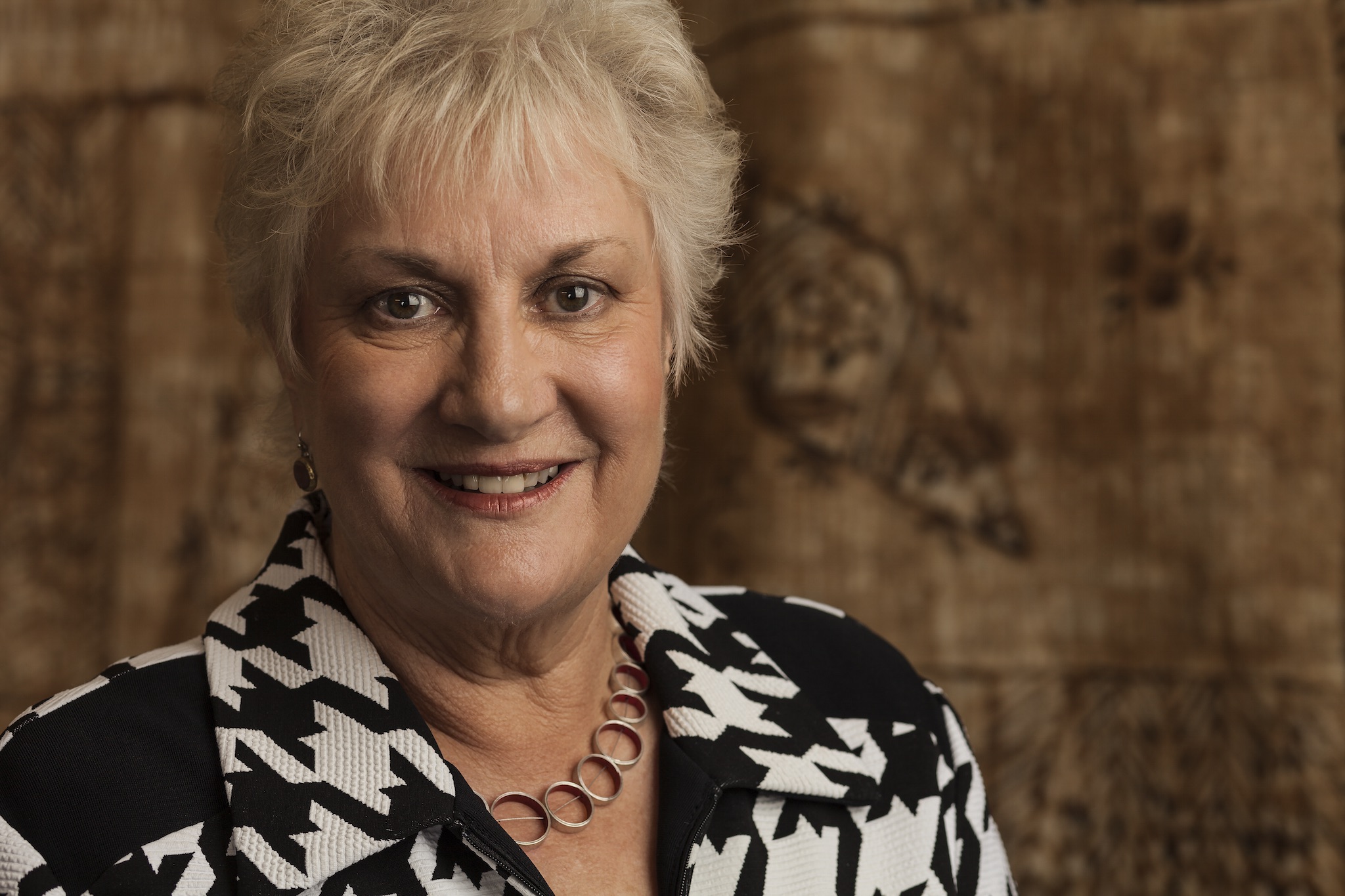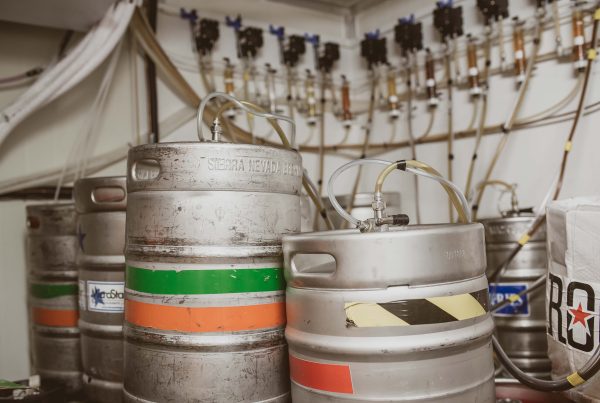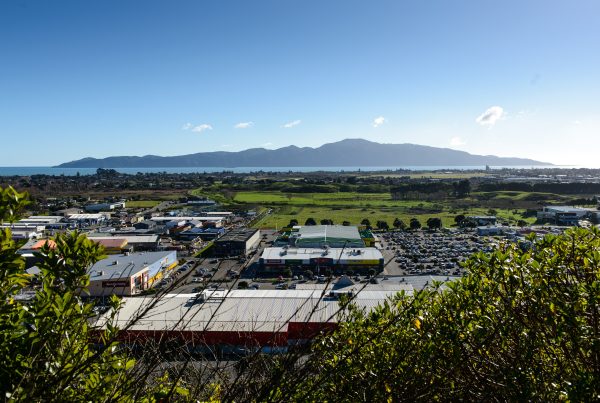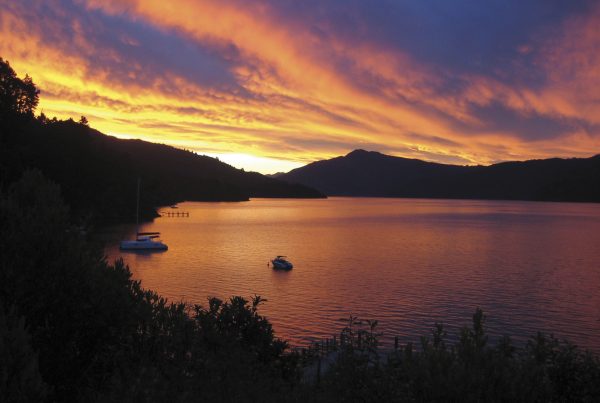
But conversations have a funny old life of their own, and I like very much that my brief for these interviews is to talk about the person that the press releases and the media don’t address. Admittedly, I’ve never actually discussed this policy with FishHead, but the assignments keep coming, and the cheques keep clearing, so I figure someone must like what we’re doing.
But… teeth.
I was born and raised in Murchison. My father started his life as a miner, as did his father — in fact, it goes back to my great-grandfather. They worked in Granity and Denniston, so I’m basically born Labour.
On my mother’s side they were farmers, and through them I’m cousins with [National Cabinet Minister] Chris Finlayson. My mother was always Labour herself though. There was politics around the dinner table, and I loved that. For me it was politics, sports and ponies. Boys came later, of course, but growing up I was sports-mad, and I was always fascinated by politics. Still am. Not the infighting and all that, but policy, economics, health. Ways you can actually make people’s lives better.
Annette King trained as a dental nurse, back in what we call ‘the day’. That day was the late 1960s and mid-1970s. She was — it turns out — a school dental nurse in Hamilton at the exact same time that I was a terrified and regular habitué of the murder house at Insoll Avenue Primary, only a miles away. I wanted very much to ask King whether the old conspiracy theory that dental nurses would pick the kids they didn’t like very much to ‘practise on’ was true, and whether I, hyperactive, lippy and English as I was, might have been one of those kids? But the time never seemed right, and so I contented myself with asking how it was that the school dental nurse became one of New Zealand’s longest-serving MPs.
In the 1960s my grandparents lived next to us in Murchison, and the dental nurses would always board with them. And I knew that was what I wanted to be. I loved the starched white uniform, and the stockings with the seams up the back, and the veils. So I got the job of cleaning the dental clinic. And on a Saturday I used to go down there, put on the uniform, and smoke the nurse’s Du Maurier cigarettes, and I used to practise with the old foot-pedal drill on bits of stone… drilling holes and putting fillings in. I didn’t know what I was mixing up… all that mercury… terrifying when you think about it now, but it was hilarious at the time.

There’s a moment in the interview here while we laugh and swap stories about Hamilton in the 1970s. Hers as a worker, wife, mother. Mine as a short-arsed primary-school kid with a pommy accent. Needless to say, King has happier memories of it than me. Mostly.
Doug and I separated in 1980. I packed our daughter, the TV and the dog into the car, and drove down to Wellington. I’d been offered post-graduate study and teaching at the Dental School in Willis Street. I drove down the Ngauranga Gorge in the evening, and saw the city across the harbour, and I just fell in love. And that love for the place has never left me. I bought a funny little house in Evans Bay, put up scaffolding and painted it myself, though I didn’t have the faintest idea what I was doing, and I’ve basically lived in this neighbourhood ever since. I’m in Hataitai now [with current husband Ray, who she married in 2000 and with whom she shares four kids and five grandchildren], not even a kilometre away.
On the day we’re talking, King has just become the Labour Party’s caretaker Deputy Leader. Grant Robertson and David Cunliffe are about to start campaigning for the leadership. It’s an interesting period, and by the time this interview is in print, it will probably all be over. But today, in King’s sunny Kilbirnie office, with what must have been a pretty fraught caucus meeting barely behind her, she is affable, quick to laugh, keen to talk about all manner of stuff, and generally just plain likeable company.
I came into Parliament in 1984. I’d been working on Fran Wilde’s campaign, I’d been a Labour Party member for ever, and I’d been active at all levels, and the party was looking for more women to stand. We really wanted to show that up as a point of difference between us and the Nats; that Labour was actively speaking to, and forming policies that would benefit, women, and I was one of the new candidates. I stood in Horowhenua, which was a National seat, and had been for a long time. I was a real novice, and I didn’t expect to win, but we had a landslide and I came in on that. And I lost it six years later when that tide went out.
King defeated the incumbent National MP Geoff Thompson in Horowhenua, and went on to hold the seat until 1990. She won Miramar for Labour in 1993, and when Miramar became Rongotai in 1996, she won it again. King has now represented the Labour stronghold for 21 consecutive years. The electorate takes in the Wellington south coast, Brooklyn, Mornington, Newtown, Hataitai, Miramar and Kilbirnie, and then stretches across the ocean 680 kilometres to include the Chatham Islands, a place that King is rhapsodic about.

Have you been? Oh you have to. You would love it. Everybody would love it. I get out there as often as I can. It’s another New Zealand. In fact, the locals don’t talk about ‘the mainland’, they talk about ‘going to New Zealand’, as though they live in a separate nation, and when you’re there you can see why.
They’re tough, practical, independent people, and you would have to be. They’ve got the fishing, and some agriculture, but they are also terribly under-represented. They are one of the groups in New Zealand that pay far more into the national economy than they ever get out. Just the fact that the islands are a part of New Zealand extends our economic zone over thousands of kilometres that we would otherwise not have. Before 2008 we had put aside a budget of $20 million, all for Chathams infrastructure: a new wharf, roading. But the Nats got in, and the money went elsewhere. That wasn’t right.
King looks almost wistful for a moment here, and it occurs to me that a couple of weeks hiking and fishing around Rekohu/Wharekauri must be pretty appealing right now. But, King has seen good and bad times come and go politically. She certainly isn’t one to get gloomy or despondent about Labour’s present crisis. As she says, National was in a worse state than this in 2002, plummeting to barely 20 percent in the election, followed by a bitter leadership struggle, eventually won by a man who proved divisive, and who might have led the party into complete historical irrelevancy had he stuck around. Labour’s present situation is pretty healthy by comparison, no matter what the daily papers and the talkback hosts might be saying.
Parties always get behind the leader the party is supposed to have.. It’s just a process. I’ve seen it more times than most now I guess, and it’ll work itself out. All successful parties are bigger than the individuals. That’s when you know a party has matured into something that will be around for a while. Us, and the Nats, and the Greens now, we can see off individual problems.
I’m not sure here, whether King means ‘individual problems’, or any ‘problem individuals’, and I don’t ask. I honestly don’t know whether King is backing Cunliffe or Robertson (or anyone else who might have thrown their hat in the ring between me writing this, and the day it comes back from the printers). I don’t want to know, and King seems very happy to be talking about something other than the events of September 2014.
You know, we were talking about dentistry before, and that’s as good an example as anything. Bad oral health is linked to heart disease, mental health issues, all manner of really severe problems. I love that I was a dental nurse. I’m still friends with people I worked with back then, and I still run into people who I taught nursing, even people who were patients of mine when I was at Knighton School.
We were at the forefront of public health then. And now, well you can go to England and get free dental care, but here in New Zealand, we’re fighting to get subsidised dental care extended to the poorest and most vulnerable people, and to expectant mothers, where we know there are proven health risks to the baby.
Teeth. I wasn’t expecting to be talking so much about teeth, but I’m glad we did.
I leave King’s office at around lunchtime and drive home via the new Arras Tunnel. Intending to go straight onto the motorway, on a whim I turn into Willis Street, past the old hospital where two generations of dental nurses trained. The hospital shut in 2002. A developer turned the empty building into apartments. They leaked.




